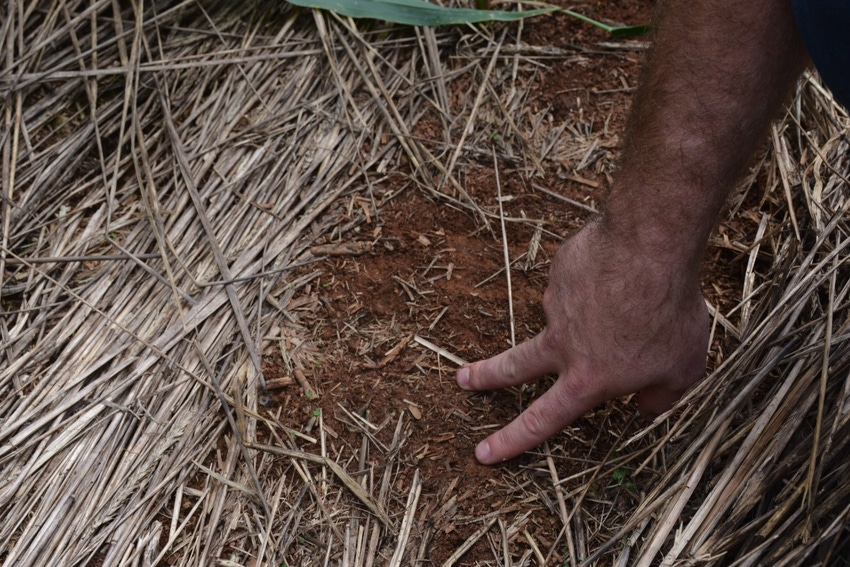
Environmental Defense Fund and the North Carolina Farm Bureau don’t agree on everything, but the two groups are working together to help farmers implement conservation practices that improve the resilience of farms and generate benefits for water quality, soil health and wildlife.
The two groups are in the early stages of an initiative to help North Carolina farmers implement more conservation practices, with a goal of not only improving the resilience of farmland and crops, but to help reduce the impact of flooding on downstream communities. Many farmers already use conservation practices to improve water quality, soil health and wildlife benefits, but the goal of the new program is to further allow farmers to better collaborate in resilience efforts.
The initiative is modeled after the Iowa Watershed Approach designed to connect the conservation benefits of upstream rural agricultural communities with the downstream cities and towns across the state. The goal of the program in Iowa is to create a partnership between cities and farmers to reduce flooding and improve water quality throughout the watershed.
Farmers Compensated
Maggie Monast, working lands director at Environmental Defense Fund in Raleigh, and Keith Larick, natural resources director at the North Carolina Farm Bureau Federation in Raleigh, travelled to Cedar Rapids, Iowa last summer to learn about the partnership and see how it can be adapted in North Carolina.
Both Monast and Larick emphasize that the North Carolina resilience effort is still in its earliest stages. The goal now is to examine the science, gather information, raise funding and seek partners to help fund the initiative. They say for resilience efforts to be a successful in North Carolina, farmers will need to be compensated for their conservation efforts.
“The way farmers currently get compensated is through cost-share models where they receive 75% of the cost of conservation practices implemented. These are great programs, but we are also looking for additional innovative funding models to get more farmers involved,” Larick explained in a telephone interview with Southeast Farm Press.
Monast points to soil management practices such as cover crops that can make soils spongier and better able to soak up excess rainfall, in addition to holding more moisture during prolonged dry spells, as one where farmers can see benefits to their crop yields but may need financial support to get started.
Incentives could be paid to farmers to restore wetlands or plant trees and grasses along ditches and creeks which can hold back excess water, helping to reduce the impacts of flooding on downstream communities.
“We will need strong science that connects these practices to resilient outcomes like holding more water on the landscape so we can really understand what the solution set is. We really need to understand what the solution set is and the extent which they can mitigate flooding,” Monast said.
Major Issue
Both Monast and Larick agree that flooding is a major challenge in North Carolina that farmers can help solve, which is why they see the strong need for the program.
“We need to make sure the solutions farmers can deliver, such as wetlands and riparian buffers, are part of solving our flooding challenges. We don’t want to rely completely on concrete solutions like dams to control flooding. We want to figure out the farmer’s role in providing solutions, and make sure they benefit from improving resilience on their farms.” Monast said.
As the new initiative is developed, Farm Bureau, Environmental Defense Fund and other partner organizations will actively outreach to farmers across the state for their perspectives and input on the types of conservation programs that should be used.
“We need resilient solutions to deal with impacts of flooding that seem to be getting worse with climate change. Farmers have a role to play in it and the ag community can play a big role in it. But we need three things: Science, collaboration and funding,” Larick said.
About the Author(s)
You May Also Like






